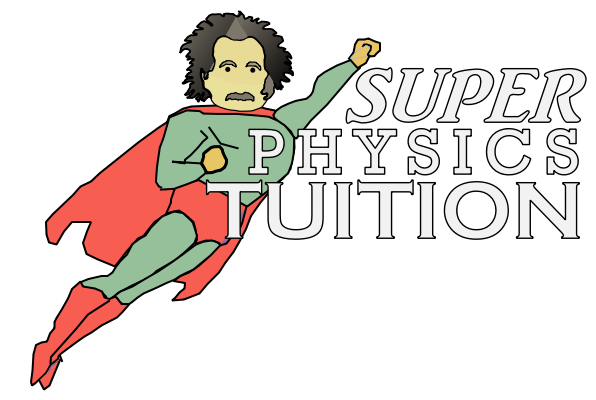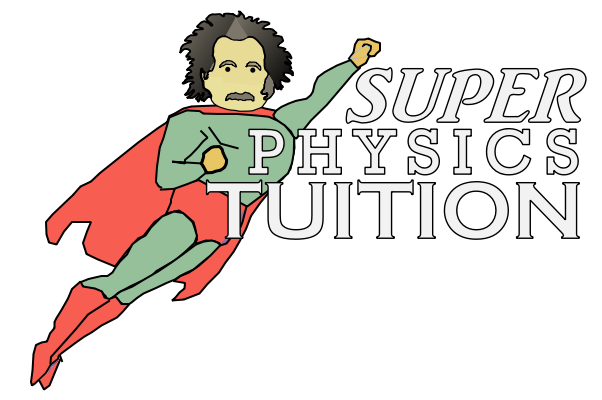When I was younger, I chose to go to a JC – only because I wasn’t sure which course I would have chose had I decided to go to a polytechnic. To buy myself more time, I decided to join a JC, thinking that I could postpone the difficult decision of what I wanted my future to look like.
I thought that I had 2 years to decide, but when I look back at my first week in JC, I realized that I was in fact already forced to choose my subject combination. The subject combination you should take in junior college really depends on the university and course you plan to pursue after JC. It is important to check the specific requirements for your desired course and university before making a decision. Some universities may have specific subject requirements, while others may have more flexibility. It is best to consult the links below to get a sense of what are the subject pre-requisites before choosing a subject combination.
SMU 2022 Subject Pre-requisites
I would be lying if I said that 17-year-old me knew that he wanted to study Physics in university. In the end, I chose to take PCME (Physics, Chemistry, Math and Economics) because it seemed like the most versatile subject combination for entering most courses in university.
In hindsight, I also think that it is important to consider your own interests and strengths when choosing your subject combination. Here are a few steps you can take to help you choose subjects that are a good fit for you:
- Reflect on your past academic performance: Look at your grades from your previous years of schooling, and think about which subjects you did well in and enjoyed. These are likely to be subjects that are well-suited to your strengths and interests.
- Assess your interests: Consider the types of activities and hobbies you enjoy outside of school. Do you enjoy reading, writing, or researching? Do you have an interest in a particular field such as science, technology, engineering, or mathematics (STEM)? These interests can help guide you towards subjects that align with your passions.
- Seek advice from your secondary school teachers, or even tuition teachers: They can provide guidance on subject choices and can help you understand the different subject options that are available to you.
- Consider your future goals: Think about what you want to do after JC and choose subjects that will help you achieve your goals. If you are interested in starting a business in the future, the study of Economics could help to kick off some basic understanding on how the market works.
Ultimately, it’s important to choose subjects that you’ll enjoy and will help you succeed in the long term.


